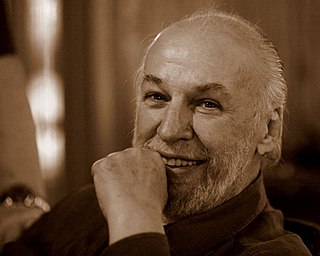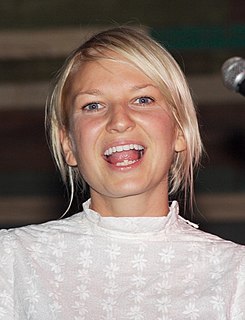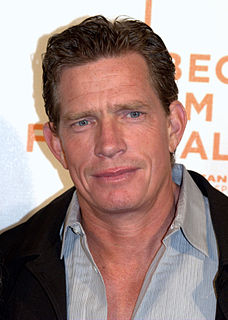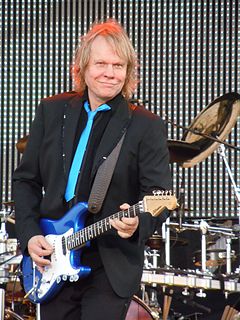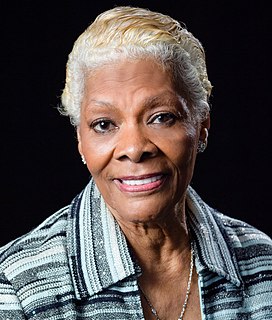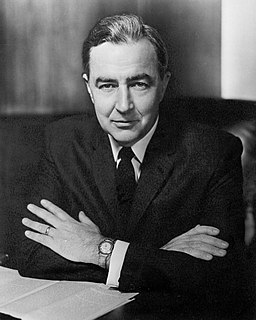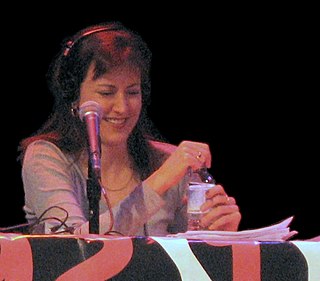A Quote by Charles Frazier
The Sixties were different in an isolated place. We got two television channels if the wind was blowing in the right direction. The radio stations went off at sundown. Then you picked up Chicago and heard the teenage music you really yearned for.
Related Quotes
'Smoke On The Water' was ignored by everybody to begin with. We only did it in the shows because it was a filler track from 'Machine Head.' But then, one radio station picked up on it, and Warner Bros. edited it down to about three and a half minutes. It then started getting played by lots of different radio stations.
Listen- my relationship with radio on a personal level is nothing but a one way love-a-thon... I love radio, I grew up on radio. That's where I heard Buddy Holly, that's where I heard Chuck Berry. I couldn't believe it the first time I heard one of my records on the radio, and I STILL love hearing anything I'm involved with on radio, and some of my best friends were from radio. But we were on different sides of that argument, there's no question about that.
I would go into my three different sisters' rooms in the early-mid '70s and they had very specific different tastes in music. I specifically remember lying on my different sisters' bedroom floors and listening to their record collections. And "Starship Trooper" was one of my sister Nancy's favorite songs and favorite album. Music is so defining for me. In the late '70s and early '80s, I worked in radio. When I was in high school, I worked at two different radio stations.
I believe your success is based off what your goals are. Are you trying to feed your family or have plaques on the wall and be broke? In that case, I think the game is in a better place. We have all heard of famous artists who are broke. Then we know of artists who may have had only a song or two on radio, but have a million or two dollars off that quick come up.
The videos are sometimes the only way for people across the country and different places to see and hear the music. They may not get the same radio stations or they don't get the same TV channels, they don't have the same MTV that plays the same music. People will use to the Internet and that's why YouTube and stuff like that is so important.
There is danger in the concentration of control in the television and radio networks, especially in the large television and radio stations; danger in the concentration of ownership in the press...and danger in the increasing concentration of selection by book publishers and reviewers and by the producers of radio and television programs.


